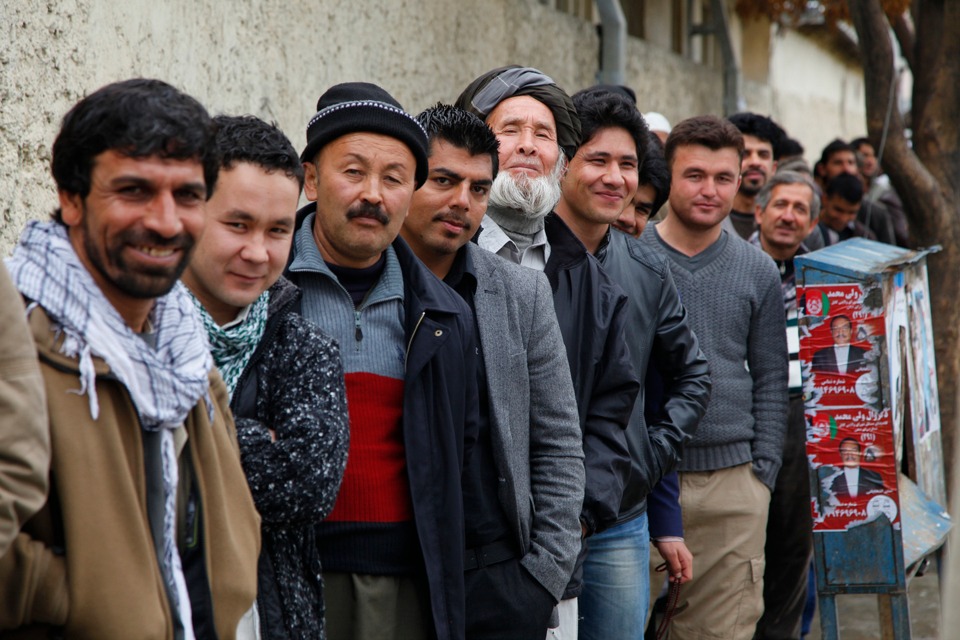"Thank you, once again, for your support throughout our Presidency"
Intervention by Ambassador Lyall Grant of the UK Mission to the UN, to the Wrap-Up Session on the UK Presidency of the Security Council

Let me start by thanking Council colleagues for your support during what has been another busy month. It has only been with your help that we have been able to get through that business efficiently and effectively.
August has not been a quiet month for the Security Council for some years now. This month was no exception, with simultaneous crises in Gaza, Iraq, Ukraine, Syria, Libya and South Sudan to name just six. The Council has addressed all of these conflicts this month and I hope the resolutions we have adopted, in particular in confronting ISIL in resolution 2170 and tackling Libya in resolution 2174, will have real and lasting impact on the ground.
Much of this crisis work is a matter of public records. I will therefore focus my remarks on a key thematic priority for the UK Presidency which was conflict prevention. I will also touch on the working methods of the Council
Let me start by recalling the Council’s visit to Belgium on 9 and 10 August, the first leg of the wider visit we undertook to Europe and Africa. The aim of the Belgium leg was to commemorate the start of World War I, to pay tribute to those who had died, and to learn lessons from the past for our current work.
Our discussions in Belgium and The Hague came back time and again to what more the Council can and must do to effectively discharge its conflict prevention responsibilities. As I said in last Thursday’s debate, the Council needs to take conflict prevention more seriously than it currently does. The moral, humanitarian and political imperatives of early, preventive action are unarguable. The question is how can the Council better fulfill this role?
Part of the answer relates to the Council’s working methods. The Council’s agenda is full and our capacity is stretched as we struggle to cope with persistent and complex crises. But acting only in crisis mode, responding and reacting, will never allow us to get ahead of events and intervene early enough to have a preventive effect. Actions we can take to free up the Council’s workload and to ensure that we get through routine business more quickly could help create time for more valuable overseas visits, more exploration of the activities outlined for us in Chapter VI of the Charter, more time for horizon scanning and more time to act on the indicators of emerging conflict.
But time is not our only constraint. The perceived tension between the principle of sovereignty and conflict prevention also constrains Council action. This has been used in the past to justify taking no action for fear of offending a state or being seen to impinge on sovereignty. My hope is that the lessons the Council learnt during its visit to Belgium, the debate last Thursday, this week’s DPA briefing and the adoption of resolution 2171, will allow us to tackle this head on. If we want to be more effective at preventing conflict, we have to find ways of holding discussions, public or private, of situations that may exhibit some alarming indicators but might not yet constitute a full-blown conflict, without that being seen to constitute an encroachment on sovereignty.
Use of Any Other Business has provided one useful vehicle to raise issues of concern, privately and in a timely manner. So far this month, thirteen issues have been raised under Any Other Business in consultations. I take this as an indication of the Council’s readiness to respond quickly, even on occasion to the point of discussing issues before a descent into full-blown conflict. We should continue to use this particular tool, and consider if we can raise issues even earlier, as indicators start to flash red.
Talking of flashing lights, sometimes the simplest efforts can make a difference. Starting meetings promptly, encouraging speakers to keep to time and moving discussions on smartly have, this month, all contributed to allowing us to get through large amounts of business. The open debate last Thursday had 59 speakers, but finished by 4.30. I hope that colleagues around the table, and in the wider membership, will agree that this has been a boon and not an imposition. There is much more that could be done by clustering some discussions, spreading out the periodicity of others, avoiding repetitive statements, etc, which could free up more Council time for both tackling the crisis of the day and preventing the conflicts of tomorrow.
Thank you, once again, for your support throughout our Presidency, and I look forward to hearing your views on our collective work this month and I wish the US delegation every success for their Council Presidency in September.